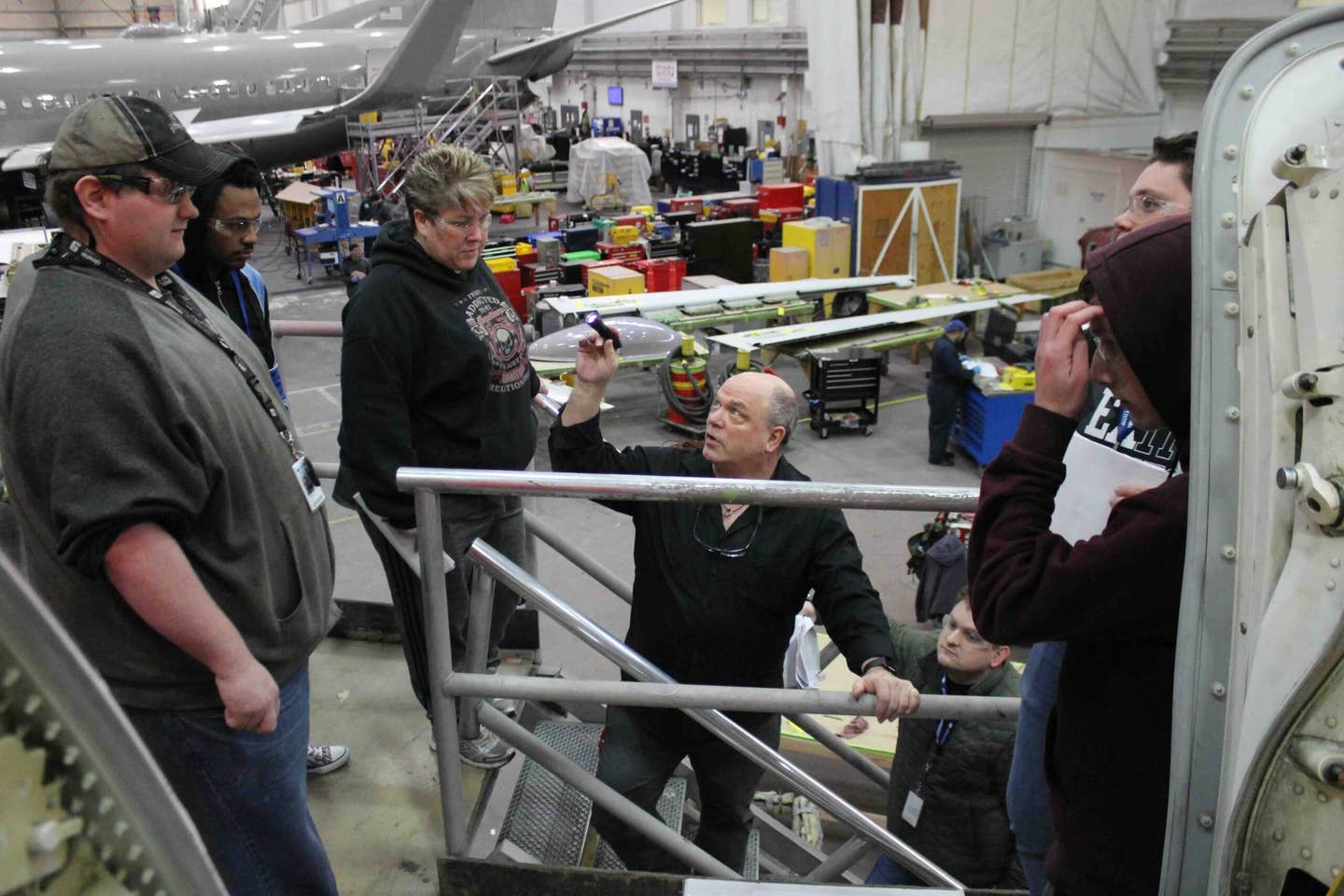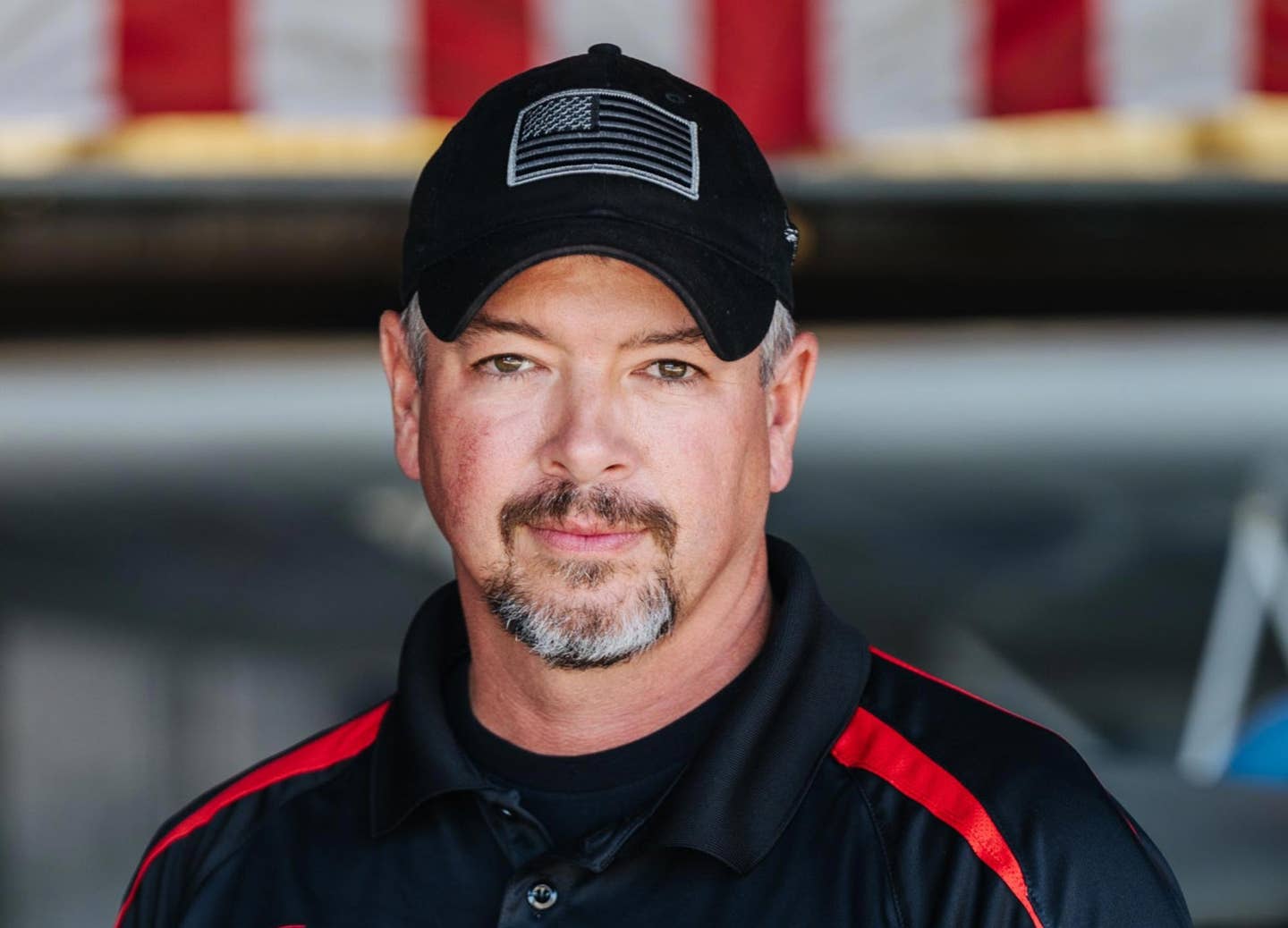FAA Interpretation Threatens GA Maintenance Sustainability
A recent take on a decades-old rule has maintenance professionals worried for the future of the industry.

Photo: Aviation Technical Services
The general aviation maintenance community is up in arms over the FAA’s so-called “Moss Interpretation” of how much direct, in-person supervision is required by FAA-certificated airframe and powerplant (A&P) technicians and inspectors when it comes to work being performed by owners or shop apprentices and trainees working toward certification. According to the Aircraft Owners and Pilots Association (AOPA) and others, the new ruling overrides policies in effect for more than 60 years that enable licensed mechanics to use their judgment in overseeing maintenance and modification work.
In the language of the existing rule, 14 CFR 43.3(d), the technician holding the certificate can supervise someone else “to the extent necessary to ensure that [the work] is being done properly and if the supervisor is readily available, in person, for consultation.” Of course, any work being supervised must be inspected and signed off by the licensed technician, who remains liable for any discrepancies.
In July 2022, Jonathan Moss, who was manager of the Little Rock Flight Standards District Office, requested an interpretation of 14 CFR §43.3(d), related to clarity on whether or not supervision and guidance could be performed remotely by video. More than two years later, the FAA returned the three-page Moss Interpretation. Even in the post-Covid world that has normalized Zoom and Facetime communication, it specified that video participation could not substitute for in-person consultation or supervision.
But the interpretation went further. It indicated that the phrase “readily available, in person, for consultation” meant that certified technicians would no longer be able to exercise judgment on tasks that could be left to the trainee for later inspection and sign-off. Rather, they would have to be physically present at all times as the work was being done.
According to Mike Busch of the well-known Savvy Aviation online maintenance information provider, “For many of us in the aviation community, this is a wrongheaded policy change. It could make owner-assisted annuals, owner-performed maintenance, and the training of apprentice mechanics difficult or impossible at a time when we are already facing a severe mechanic shortage.” Busch also said that forcing full-time, in-person supervision that isn’t always necessary removes the long-standing flexibility that enabled licensed mechanics “to determine how best to ensure the work is done properly.”
Joining AOPA’s advocacy on the issue, Busch wrote a formal letter to the FAA Regulation Law Division, cosigned by A&P/IAs, shop owners and instructors, asking for a reconsideration of the ruling. The letter requests that the FAA “return to the practical common-sense interpretation we’ve relied on for decades.”






